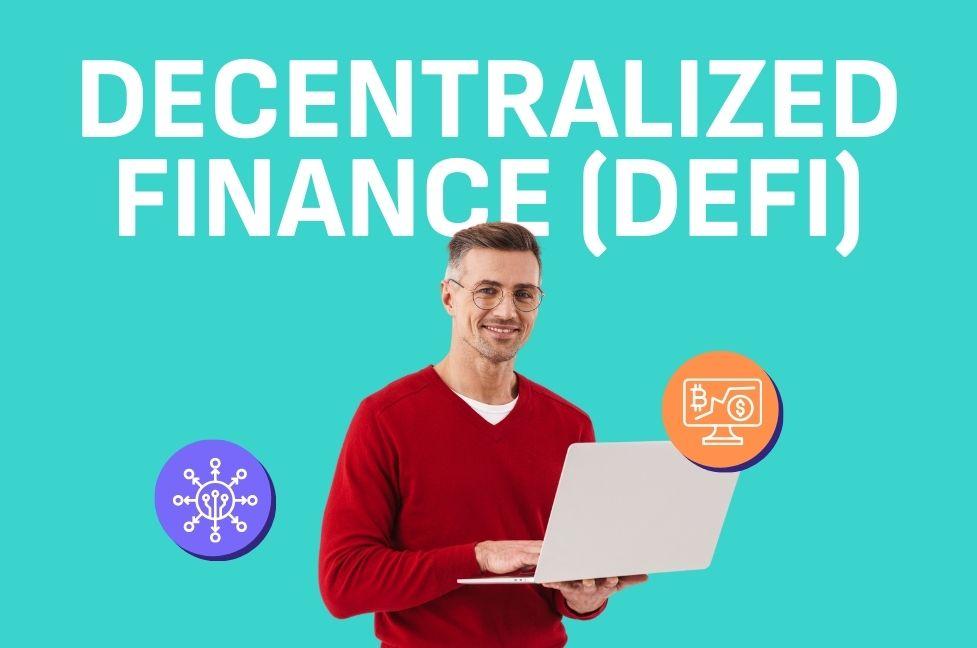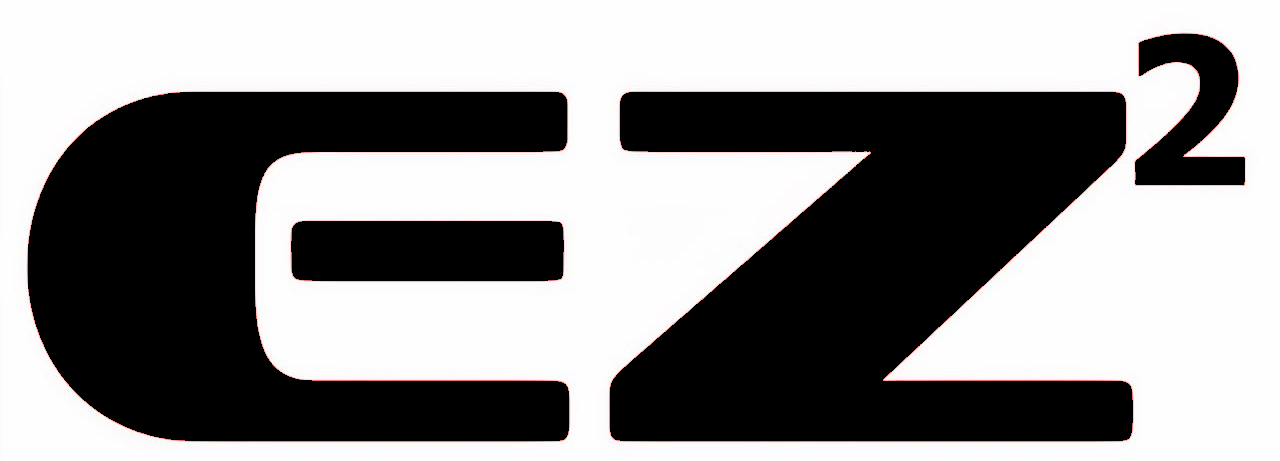
Decentralized Finance (DeFi): How It’s Changing the Financial Landscape
Introduction
Decentralized Finance, commonly known as DeFi, represents one of the most significant shifts in the financial industry. By harnessing the power of blockchain technology, DeFi is redefining how financial services are delivered, offering a new paradigm that operates independently of traditional financial institutions. This article explores the concept of DeFi, its impact on traditional financial systems, and the transformative opportunities it presents.
What is Decentralized Finance (DeFi)?
Decentralized Finance (DeFi) is an umbrella term for a range of financial services and applications built on blockchain technology. Unlike traditional financial systems, which rely on centralized intermediaries such as banks, brokers, and payment processors, DeFi platforms use blockchain’s decentralized, peer-to-peer nature to offer financial services directly to users. These services include lending, borrowing, trading, and investing, all conducted through smart contracts and decentralized protocols.
Core Components of DeFi
- Smart Contracts: At the heart of DeFi are smart contracts—self-executing contracts with the terms of the agreement written into code. These contracts automatically execute and enforce agreements without human intervention, providing transparency and reducing the risk of fraud.
- Decentralized Exchanges (DEXs): DEXs, such as Uniswap and SushiSwap, enable users to trade cryptocurrencies directly with one another without the need for a central authority. They offer enhanced privacy and control over funds, often with lower fees compared to centralized exchanges.
- Lending and Borrowing Platforms: DeFi platforms like Aave and Compound allow users to lend their assets and earn interest or borrow assets by providing collateral. These platforms offer more accessible and flexible lending options compared to traditional banks.
- Stablecoins: Stablecoins, such as USDC and DAI, are cryptocurrencies designed to maintain a stable value relative to fiat currencies. They play a crucial role in DeFi by providing a stable medium of exchange and a store of value, facilitating transactions and investments.
- Yield Farming and Staking: Yield farming involves providing liquidity to DeFi protocols in exchange for rewards or interest, while staking involves locking up assets to support network operations and earn rewards. Both practices offer investment opportunities and can generate attractive returns.
Impact on Traditional Financial Systems
DeFi is having a profound impact on traditional financial systems in several ways:
- Increased Accessibility: DeFi platforms are accessible to anyone with an internet connection, reducing barriers to financial services. This inclusivity allows individuals in underserved regions to participate in global financial markets and access services that were previously out of reach.
- Enhanced Transparency: DeFi operates on public blockchains, providing transparent and auditable records of all transactions. This transparency reduces the risk of fraud and corruption, fostering greater trust in the financial system.
- Reduced Costs: By eliminating intermediaries, DeFi platforms can significantly lower transaction fees and other costs associated with financial services. This cost reduction benefits both consumers and businesses, making financial transactions more efficient and affordable.
- Disintermediation: DeFi removes the need for traditional intermediaries, such as banks and brokers, by using decentralized protocols and smart contracts. This disintermediation streamlines financial processes and reduces reliance on centralized institutions.
- Innovation and Competition: The DeFi ecosystem is characterized by rapid innovation and competition. New financial products and services are continuously being developed, driving competition and pushing traditional financial institutions to innovate and adapt to changing market conditions.
Investment Opportunities in DeFi
DeFi presents several investment opportunities for both retail and institutional investors:
- Token Investments: Many DeFi projects issue their own native tokens, which can be bought and traded on various exchanges. Investing in these tokens provides exposure to the growth and success of the underlying DeFi platforms. However, investors should be aware of the volatility and risks associated with DeFi tokens.
- Liquidity Provision: By providing liquidity to decentralized exchanges or lending platforms, investors can earn fees or interest in return. Liquidity provision can offer attractive yields, but it also involves risks such as impermanent loss and smart contract vulnerabilities.
- Yield Farming and Staking: Yield farming and staking allow investors to earn rewards by participating in DeFi protocols. These activities can offer high returns, but they also come with risks related to smart contract security and market volatility.
- Diversification: DeFi offers a range of financial products and services, allowing investors to diversify their portfolios. Diversification can help mitigate risk and enhance returns by spreading investments across different DeFi protocols and assets.
- Venture Capital and Early-Stage Investments: Institutional investors and venture capital firms have the opportunity to invest in early-stage DeFi projects and startups. These investments can provide significant returns if the projects succeed and gain widespread adoption.
Risks and Challenges
While DeFi offers numerous benefits and opportunities, it also comes with risks and challenges:
- Smart Contract Risks: DeFi protocols rely on smart contracts, which can contain bugs or vulnerabilities. Exploits and hacks targeting smart contracts can result in significant losses for users.
- Regulatory Uncertainty: The regulatory environment for DeFi is still evolving. Regulatory changes or crackdowns could impact the operation of DeFi platforms and affect investment opportunities.
- Market Volatility: The cryptocurrency and DeFi markets are highly volatile, with prices and yields subject to rapid fluctuations. Investors should be prepared for significant price swings and potential losses.
- Lack of Insurance: Unlike traditional financial institutions, DeFi platforms typically do not offer insurance or protection for user funds. Investors should be cautious and understand the risks before participating in DeFi activities.
Summary
Decentralized Finance (DeFi) is revolutionizing the financial landscape by providing innovative, accessible, and cost-effective financial services. Its impact on traditional financial systems is profound, driving increased transparency, reduced costs, and greater competition. While DeFi presents exciting investment opportunities, it also involves risks that investors should carefully consider. As the DeFi ecosystem continues to evolve, staying informed and conducting thorough research will be essential for navigating this dynamic and transformative space.

